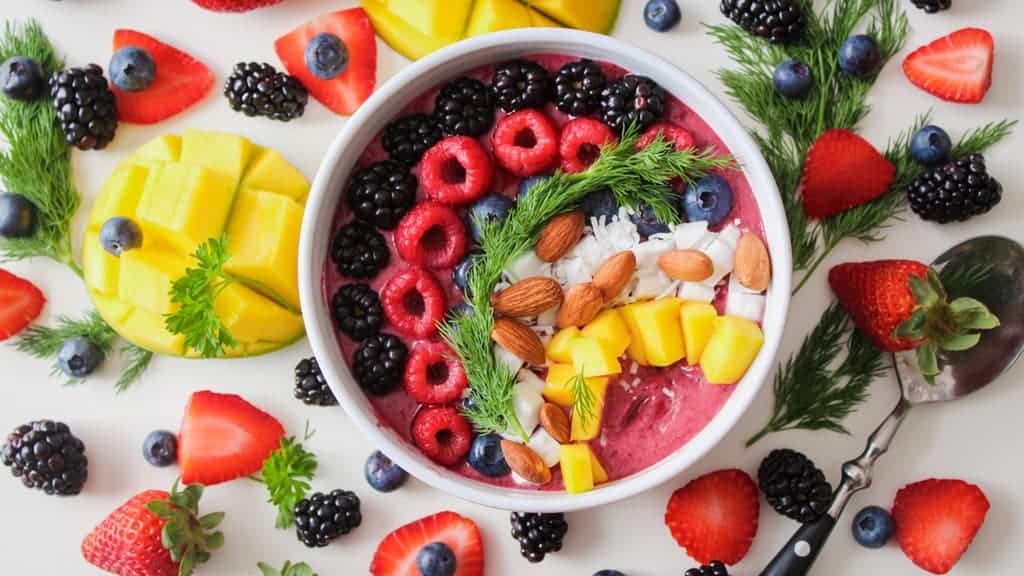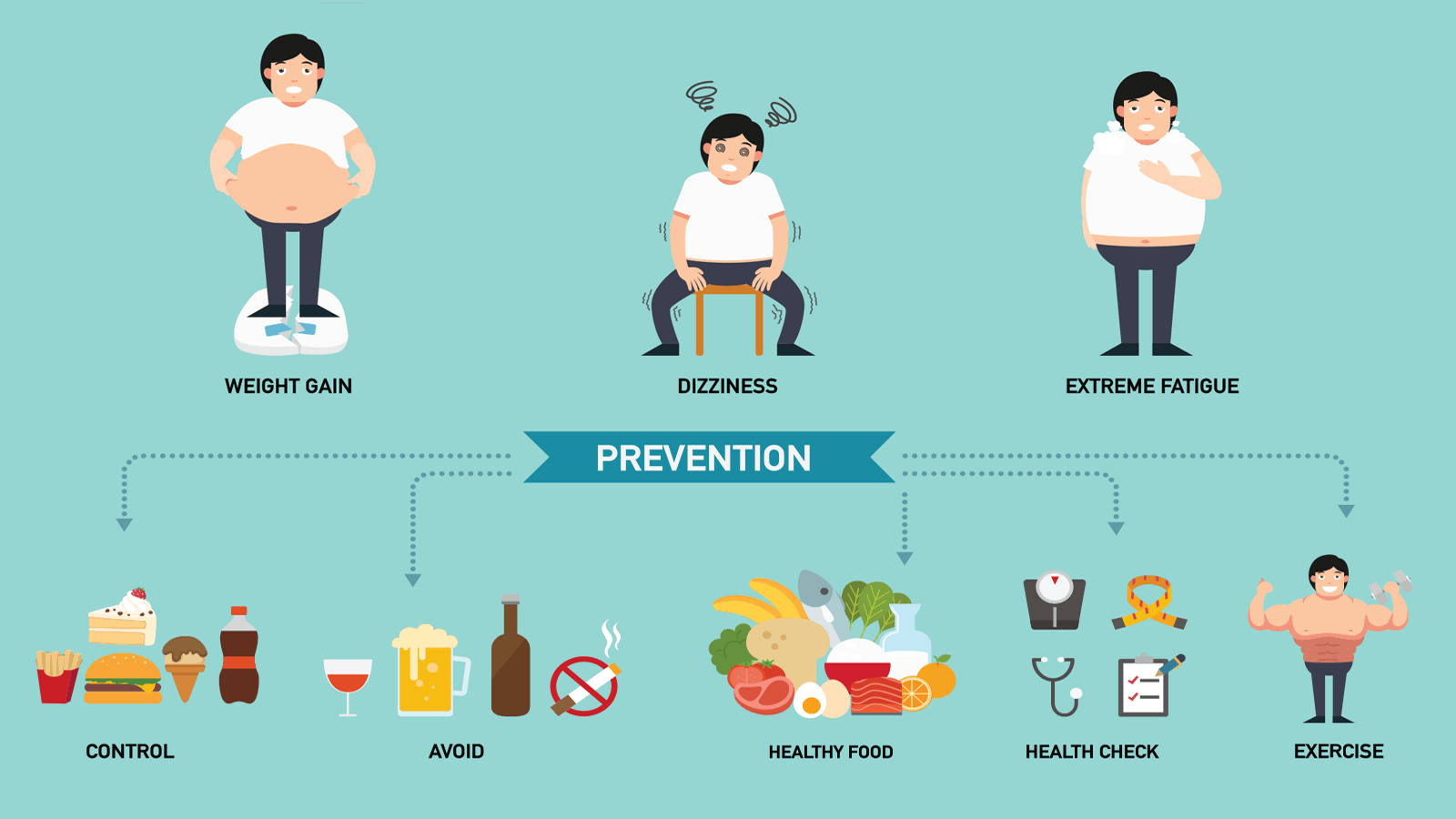It is always important to be careful with your diet, but if you have diabetes, or are at risk of developing it, you have to watch what you eat even closer. Diabetes is a disease where your body has issues with the hormone insulin.
The results of this disease can range from difficulty processing carbohydrates to increased levels of glucose in your blood and urine. Long-term effects from this disease can range from the amputation of limbs or even blindness. A consultation with your physician can determine if you have diabetes.
If you test positive for diabetes, your physician will run other tests to determine if any damage has been done to your body due to this disease. This disease, if allowed to get out of control, can cause blindness, loss of limbs or several other frightening health problems.
That is why it is so important to listen to your doctor and follow their advice. You will also want to avoid foods that will spike your insulin level. Foods that contain a lot of starch, or are high in carbohydrates, should be avoided. Read all food labels so you can avoid foods with hidden sugar, glucose or other ingredients that could spike your blood sugar.
Here are some foods you can safely eat, and they offer many wonderful benefits in addition to blood sugar control.
7 Foods That Lower Blood Sugar Levels Instantly
Greens
Greens are amazing vegetables you should add to your daily diet. Spinach, kale, and arugula are very healthy types of greens. Romaine lettuce is great as well, but you should try to eat mostly dark greens. These types of greens are filled with much more nutrition than the lighter lettuce varieties.
Avocado
Avocado is a fantastic fruit. It has been said to be a super food, as it contributes to many health benefits to its consumers. Among these benefits is the ability to increase insulin sensitivity. Low insulin sensitivity means your chance of developing a metabolic disease such as diabetes increases, so keeping that sensitivity level higher should be a goal of healthy eating.
Fish
Fish is a lean protein that is easy to come by. With types of fish on the market such as tuna, salmon, tilapia or halibut and the many ways to prepare them, you can have fish every day. The protein from fish will not spike your blood sugar levels. Another perk from eating fish is since it is filling, it should help keep you away from more unhealthy foods.
Berries
Berries are a delicious way of satisfying your sweet tooth without raising your insulin levels much. Dark berries such as blueberries or blackberries are great for combating low insulin sensitivity. Raspberries are also excellent choices.
Strawberries are good, but they tend to be a little sweeter than other berry types. However, eating them every once in a while is fine.
Nuts and seeds
Nuts and seeds are especially good foods to incorporate in your diet. Some of them have a higher carbohydrate count than others. Cashews, peanuts or pistachios can be enjoyed occasionally. Almonds, pecans or macadamia nuts have a lower carb count and can be eaten more often. It is very easy to overeat these tasty natural morsels, so make sure you measure your serving size.
Eggs
Eggs are considered to be one of the best dietary foods. They are high in protein and will leave you feeling fuller longer. Boiled eggs are amazing for snacks or chopped on top of a salad. Adding eggs to your diet can help keep the cravings for sugary carbohydrates away. Best of all, eggs will not kill your grocery budget.
Cacao
Cacao is another delicious way to stabilize your insulin levels. Keep in mind, the cacao mentioned here is not what you may be used to. It is not a confection blended with nut butter and sugar to make a spread for your morning toast. Cacao is the raw form of these delectable treats before they are refined and processed. It contains a flavanol known as epicatechin. This helps to regulate the creation of glucose by activating special proteins. This is how it helps regular blood sugar levels.
Incorporating the foods mentioned above in your daily diet will not create an instant miracle, but it will help you learn to control your blood sugar long-term. If you experience diabetes symptoms like extreme thirst, unexplained weight loss or gain or blurry vision, you may need to see your doctor. Other diabetes symptoms to watch out for are dry mouth, fatigue or persistent headaches. Together with your doctor you can prevent or control metabolic diseases. Be disciplined in your exercise regime. Stay on track with your diet and live life.
https://www.youtube.com/watch?v=yG-G9_LOkLA














 Community
Community

